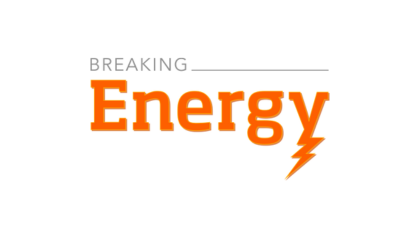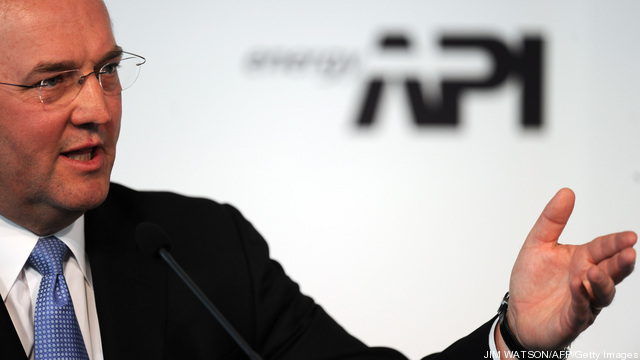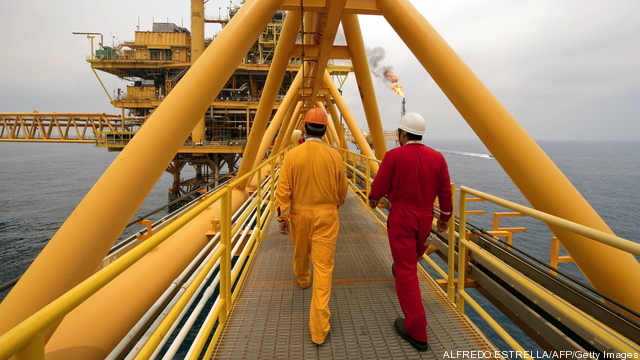
The American Petroleum Institute recently renewed its attack on the US government’s Renewable Fuels Standard after the Environmental Protection Agency said it would not waive the requirement that uses some 40 percent of the US corn crop to make ethanol.
The main oil and gas trade association said the RFS, which is designed to blend increasing amounts of ethanol with gasoline, is “increasingly unrealistic and unworkable” because it has been adopted without regard for its compatibility with some vehicles, and if fully implemented would exceed what API says is the maximum safe limit of 10 percent in gasoline. Keep reading →









